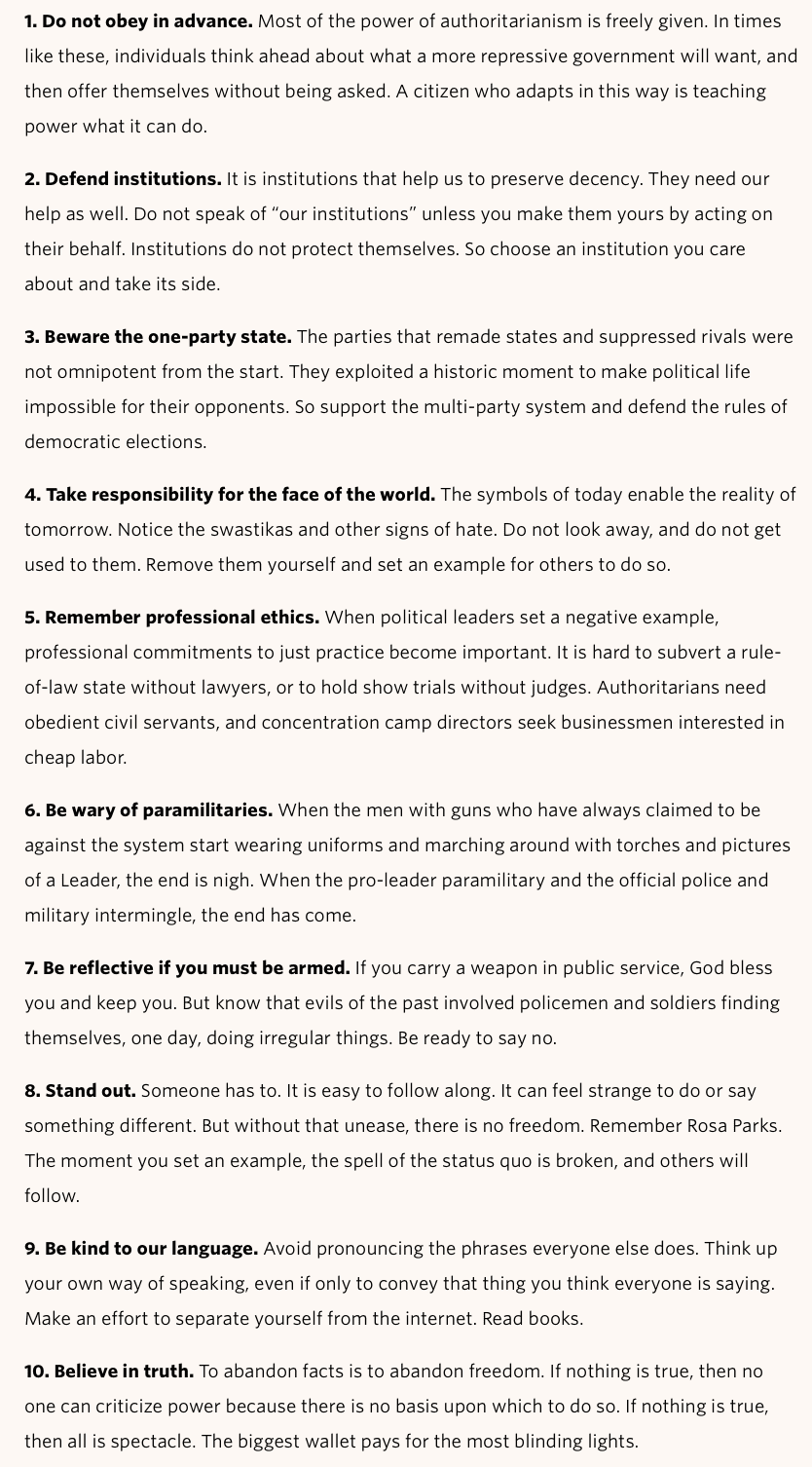As a politician, it is crucial to abide by certain ethics rules to gain trust, maintain credibility, and serve the public interest. This article highlights ten ethics rules that every political leader should follow. Honesty, transparency, respect for all, fairness and impartiality, responsibility and accountability, serving the public interest, professionalism, confidentiality and privacy, decision-making with comprehensive research and analysis, professional development, and consistency are the ethics rules discussed in this article. By following these ethics rules, political leaders can strengthen public trust, improve their credibility, and contribute significantly to society.
10 Ethics Rules Every Political Leader Should Follow
Politics is often considered as a playing field full of controversies where everyone tries to dominate over their opponents, but as a responsible political leader, one must abide by certain ethics rules. These rules are designed to guide you as a politician to gain trust and credibility from the public.
Here are the 10 ethics rules every political leader should follow:
1. Honesty and Transparency
Honesty and transparency are the foundation of ethics in politics. As a political leader, you should avoid hiding or manipulating important information that could be relevant to the public. Every decision you make should be based on truthful and factual information, and you must be open about your reasoning behind these decisions. Honesty and transparency will enable you to earn the trust and respect of the public.
2. Respect for All
Political leaders must be respectful and considerate towards everyone, regardless of their political or personal beliefs. Every individual has a right to an opinion, and as a political leader, you should listen to their views without any discrimination.
3. Fairness and Impartiality
Politics should not be unfair, and every decision should be made impartially, without any favoritism. Political leaders should not have any hidden agenda or conflict of interest while making decisions for the public’s benefit.
4. Responsibility and Accountability
Political leaders must take responsibility for their actions and decisions. They should be accountable for any mistake they make and must take corrective action to rectify it. Admitting mistakes and taking corrective action will increase your credibility and strengthen public trust.
5. Serving the Public Interest
The primary goal of a political leader is to serve the public interest. They should make decisions that are beneficial for the public, irrespective of any personal gains. Serving the public interest is the key to a successful political career.
6. Professionalism
Professionalism is essential in every field, including politics. Political leaders should maintain professional behavior and avoid any behavior that could damage their reputation. Using inappropriate language or gestures, disrespecting others, and engaging in unethical or immoral activities should be avoided explicitly.
7. Confidentiality and Privacy
While serving the public, political leaders come across confidential and sensitive information. They must keep the information confidential and maintain privacy to protect individuals’ dignity and reputation.
8. Decision Making with Comprehensive Research and Analysis
Every decision a political leader makes should be based on comprehensive research and analysis. They should consider all the possible consequences and then make a decision based on the benefits and drawbacks.
9. Professional Development
To be a successful political leader, one must never stop learning and growing. Professional development should be an ongoing process, and you should invest time and resources to acquire new skills, knowledge, and expertise.
10. Consistency
Consistency in behavior, decision-making, and communication is essential for every political leader. The public expects consistency, and it helps build trust and credibility among the people.
In conclusion, following these ten ethics rules will differentiate between a successful and unsuccessful political leader. These rules provide a moral framework that will help you to serve the public interest, maintain public trust, and improve your credibility. By following these ethics rules, you will not only have a successful political career but also contribute significantly to society.
